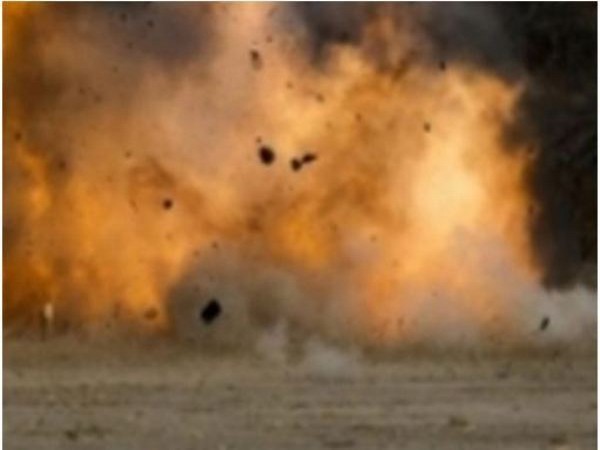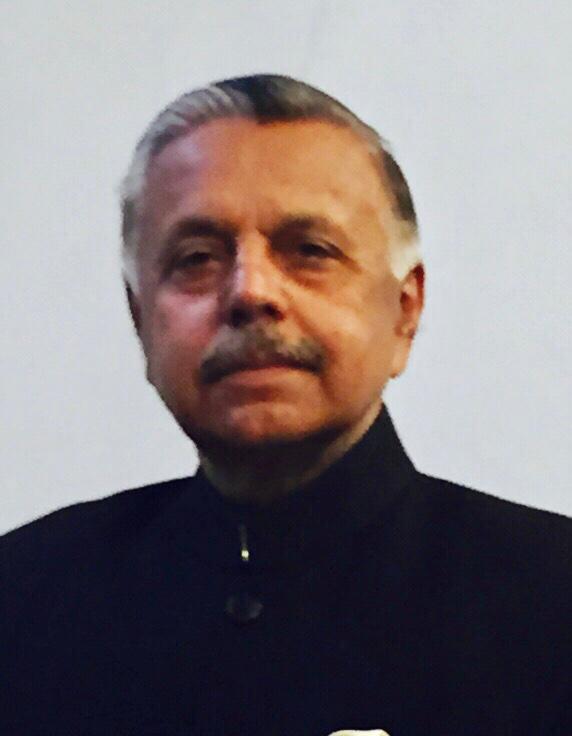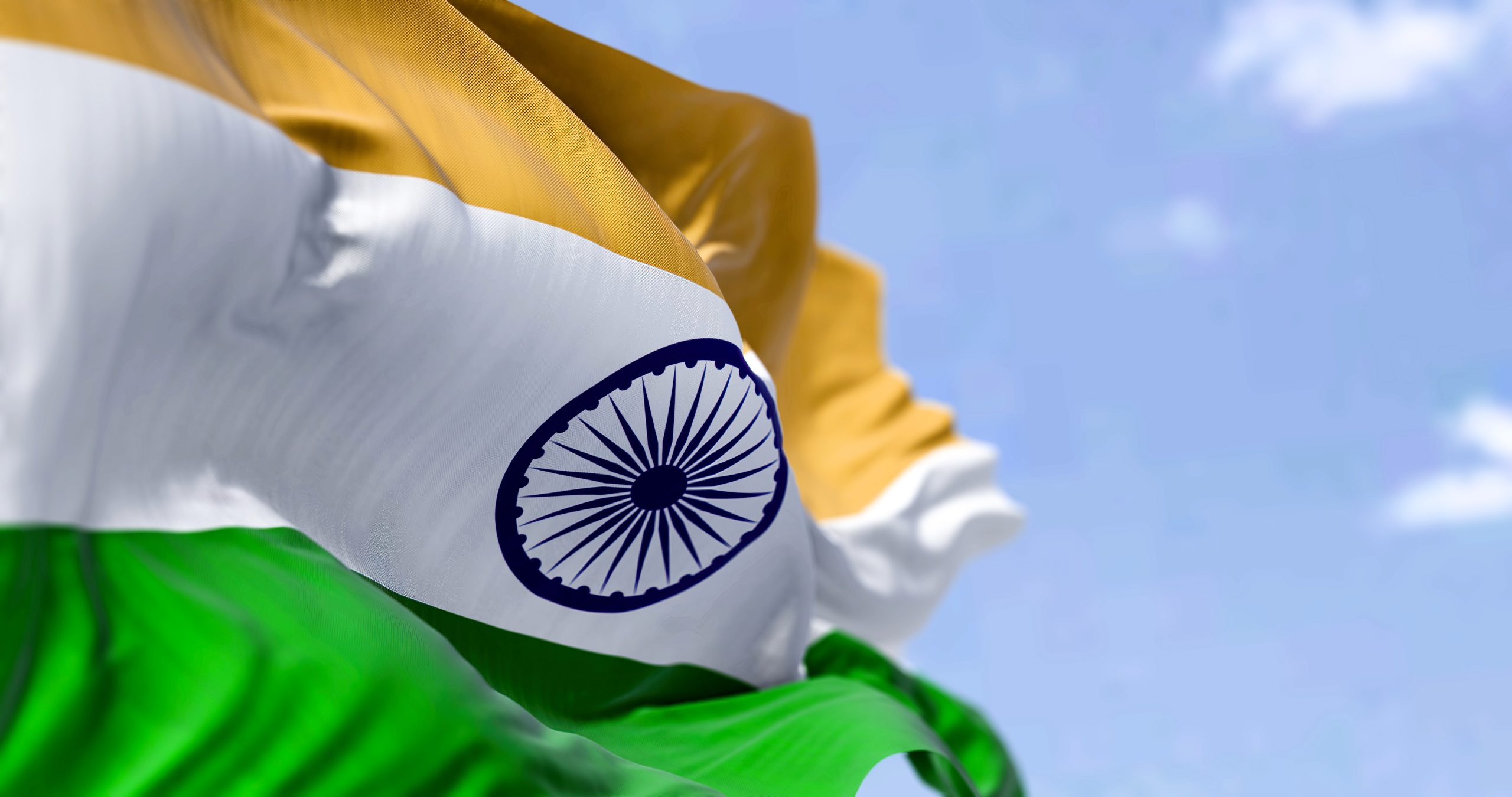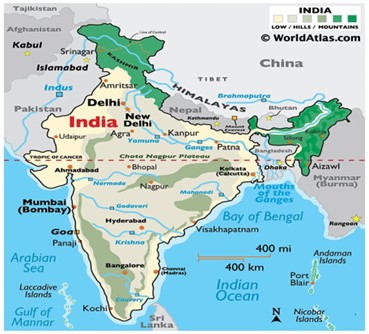
Balochistan is Burning – Pakistan Should Remember 1971!

Among the many regions in this increasingly troubled and violence afflicted world where the local populace yearns for freedom from their oppressive regimes, the independence movement in the province of Balochistan in neighbouring Pakistan has not been given its due importance by the global community. This pursuit for freedom has spanned nearly 75 years of turmoil since the grant of independence to India by the departing British in August 1947. Consequent to its forcible annexation by Pakistan in March 1948, the Baloch struggle has witnessed many ups and downs. That a streak of the Baloch uprising finds some resonance in the Sistan and Baluchestan provinces in southeastern Iran and the Baloch region in southern Afghanistan is also evident beyond any doubt.
Balochistan, spread over 3,47,190 sq kms, is the largest of Pakistan’s four provinces comprising 43.6% of its landmass. However, it has just 5 % of its population. In the 19th century, the British administration ruling over its Indian empire, for its administrative and security reasons had transferred nearly a quarter of Baloch territory to Iran by drawing the Goldsmid Line in 1871, and in 1893, a strip of Baloch land was given to Afghanistan while the Durand Line was being formulated.
Baloch nationalism, by and large, conforms around the Kalat state founded in 1638 and is the major state in Balochistan. The relations between successive Khans of Kalat and some of the Sardars of Balochistan over the centuries have been of mutual antagonism, which the British imperial power earlier and since 1947 have been exploited by successive Pakistan regimes with the latter conferring many favours to those Baloch political ‘bigwigs’ who toed the Pakistan government line. These differences among the Baloch have impacted the freedom struggle too with demands varying from total independence from Pakistan to just greater provincial autonomy and control of Balochistan’s rich natural resources ranging from natural gas, oil, copper, gold, copper and Sulphur.
It is pertinent to note that at the time of independence in July 1947, British India’s Viceroy, Lord Mountbatten, had made the Khan of Kalat and other Baloch notables to agree to a Standstill Agreement with negotiating representatives of the future Pakistan government. This Agreement did describe Balochistan as “an independent state” but different than other states of then India. However, under extreme military pressure from Pakistan President Mohd Ali Jinnah, the Khan of Kalat despite having announced Kalat ‘s declaration of independence, subsequently did sign an ambiguous Instrument of Accession with Pakistan on 27 March 1948 also contrary to the wishes of Balochistan’s state legislature. The seeds of Baloch-Pakistan conflict in later years can be largely attributable to forcible annexation by Pakistan of Balochistan as also its rampant exploitation of Balochistan’s natural resources with hardly any return investments towards the development of this restive province.
Apart from the political turmoil Balochistan is undergoing, its strategic location geographically is worth digesting. Balochistan borders Iran on its west, Afghanistan and Pakistan’s Federally Administered Tribal Areas (FATA) also on its north and Pakistan’s provinces of Punjab and Sindh on its east. Importantly, Balochistan’s coastline overlooks the strategic Arabian Sea with five designated ports and with the deep sea -water port of Gwadar as its most important harbour.
With China now well on its way to complete their ambitious China-Pakistan Economic Corridor (CPEC) as part of its grand Belt and Road Initiative (BRI), from Kashgar to Gwadar, the strategic significance of Balochistan has multiplied manifold. No wonder that the overly assertive and hegemonistic China is pumping in nearly US $ 60 billion for the CPEC which assists them to get over their ‘Malacca Strait dilemma’. For Pakistan, cash starved and financially distressed, the CPEC has come in handy and notwithstanding China’s economic bullying of its protégé Pakistan, the latter is gradually sliding towards becoming a Chinese colony! That Baloch insurgents have been kinetically targeting the CPEC, off and on, including Chinese technical personnel engaged in its construction should not be surprising to anyone.
Over the last few years, Baloch insurgents belonging to the Balochistan Liberation Army (BLA), Balochistan People’s Liberation United Front (BPULF), Lashkar-e-Balochistan (LeB), Balochistan Republican Guards among others have been active in targeting Pakistan’s economic assets and its security forces in particular. The BLA has been designated as a global terrorist organization by the US. In addition, the Jonodollah, a sectarian group, comprising some Iranian Baloch insurgents are active in terror activities in neighbouring Iran.
Among the Baloch tribes who have taken up arms against the Pakistani government, the Bugti tribe has been the most vociferous and draws its inspiration from the 79 years old charismatic Nawab Akbar Ali Khan Bugti who was martyred fighting the Pakistan Army in 2006. However, now the Pakistan Army has an uphill task combating simultaneously two insurgencies with the Baloch insurgents in its southwestern province and the Tehrik-e-Taliban Pakistan insurgents in its north spread over Khyber-Pakhtunwa province and primarily located in neighbouring Afghanistan to its north. The Pakistani Army, as is its wont, continues to blame Afghanistan and India for assisting Baloch insurgents —- a baseless charge denied by both nations. Pakistan conveniently forgets that the Baloch nationalistic movement has now solid support among the locals and also people of Baloch origin settled in the West especially in UK and the US.
Baloch insurgency inside Pakistan has had a roller coaster ride since years. However, in the last 3 years or so, this insurgency has assumed greater intensity and the insurgents have been successful in causing greater damage and casualties than in earlier years. In 2020, Pakistan in the Balochistan province recorded 215 fatalities (84 civilians, 94 security forces personnel and 37 militants) —-nearly as much as in its KP province! In 2021 and this year, the spiral of violence continues with the same fervour. Some Chinese, busy with CPEC construction, remain a favourite target of the Baloch insurgents who also resent massive accommodation and facilities being constructed in their province for the Chinese!
Meanwhile, Pakistan’s record of human rights violations in Balochistan has sky-rocketed and invited criticism from many nations including India. Over the past few years, thousands of Baloch youth have been picked up by the Pakistani Inter-Services Intelligence, brutally tortured and their bodies thrown in the countryside. These forced abductions and the overall intensity of the insurgency in Balochistan has caused many locals including the educated to migrate to other provinces and abroad.
Though India, over the years, has displayed much concern and compassion towards the impoverished and long-suffering Baloch people, barring some sympathetic noises, India has not done much for them politically or otherwise. Thus, it is high time for India to carve out a firm policy on Balochistan and spell it out unequivocally to Pakistan. Our National Security Advisor should meet his Pakistani counterpart and advise him that since reciprocity is the hallmark of diplomacy and if Pakistan does not desist from its machinations in India’s J&K region, India will be forced to exploit Pakistan’s many fault-lines including supporting the Baloch freedom movement. India can also then agree to accepting the long-standing request of Baloch nationalists to set-up a govt-in-exile in New Delhi. Concurrently, India should highlight globally including at the UN, the acute sufferings of the Baloch people at the hands of the Pakistan Army.
Overall, it is incomprehensible that for nearly 75 years or so, most nations in the world, have ignored the legitimate quest for freedom of the Baloch people from cruel Pakistani regimes. It is time to accord the Baloch people their right to survive and exist. Pakistan will do well to remind itself of the consequences of unleashing terror on its people, as it did in 1970-71 in erstwhile East Pakistan, which carried grave repercussions for that nation’s political integrity.
**********************
Disclaimer
The opinions expressed in this article are the author’s own and do not reflect the views of Chanakya Forum. All information provided in this article including timeliness, completeness, accuracy, suitability or validity of information referenced therein, is the sole responsibility of the author. www.chanakyaforum.com does not assume any responsibility for the same.
Chanakya Forum is now on . Click here to join our channel (@ChanakyaForum) and stay updated with the latest headlines and articles.
Important
We work round the clock to bring you the finest articles and updates from around the world. There is a team that works tirelessly to ensure that you have a seamless reading experience. But all this costs money. Please support us so that we keep doing what we do best. Happy Reading
Support Us





















POST COMMENTS (2)
Kalidan Singh
Jasmeet Matharu